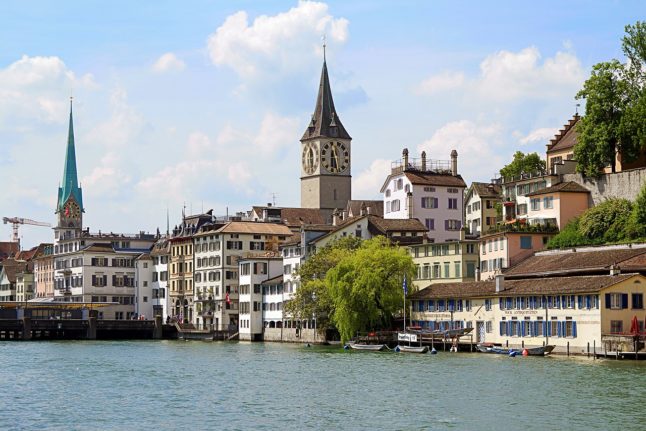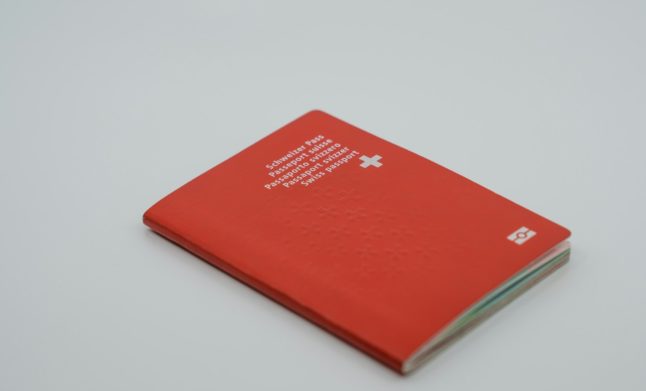The processing fee will fall from the current 1,200 francs to 750 francs for applicants over the age of 25 who are seeking Swiss citizenship in Zurich, the city council announced on Wednesday.
Those under 25 will continue to be entitled to a free process.
This change, however, only concerns citizenship granted at the municipal level.
Applications handled by cantonal authorities have different tariffs — from a low of 500 francs to more than 3,000, depending on the canton.
For instance, the fee can range from 500–1,600 francs in the canton of Jura to 1,800–3,000 francs in Fribourg, depending on which commune you live in.
In Vaud, you would have to pay 550 to 800 francs, and 1,000 francs in Valais.
In Geneva, while fees used to be based on income, they are now charged at a flat rate depending on age and whether you are applying as an individual or a couple.
According to official sources, naturalisation in Geneva costs 300 francs for minors aged between 11 and 17 years old; 850 francs for adults under 25; 1,250 francs for people over 25; 1,360 francs for couples where one person is under 25; 2,000 francs for couples over 25; and 300 francs per child included in the different procedures.
What about on the federal level?
The cost of filing an application with federal authorities is relatively low (100 Swiss francs for an adult, or 150 francs for a couple).
As a reminder, an application for citizenship must be approved at the cantonal, municipal, and federal levels, with the municipal authorities having the final say.
READ ALSO: Why do Swiss communes play such an important role in the naturalisation process?



 Please whitelist us to continue reading.
Please whitelist us to continue reading.
Member comments